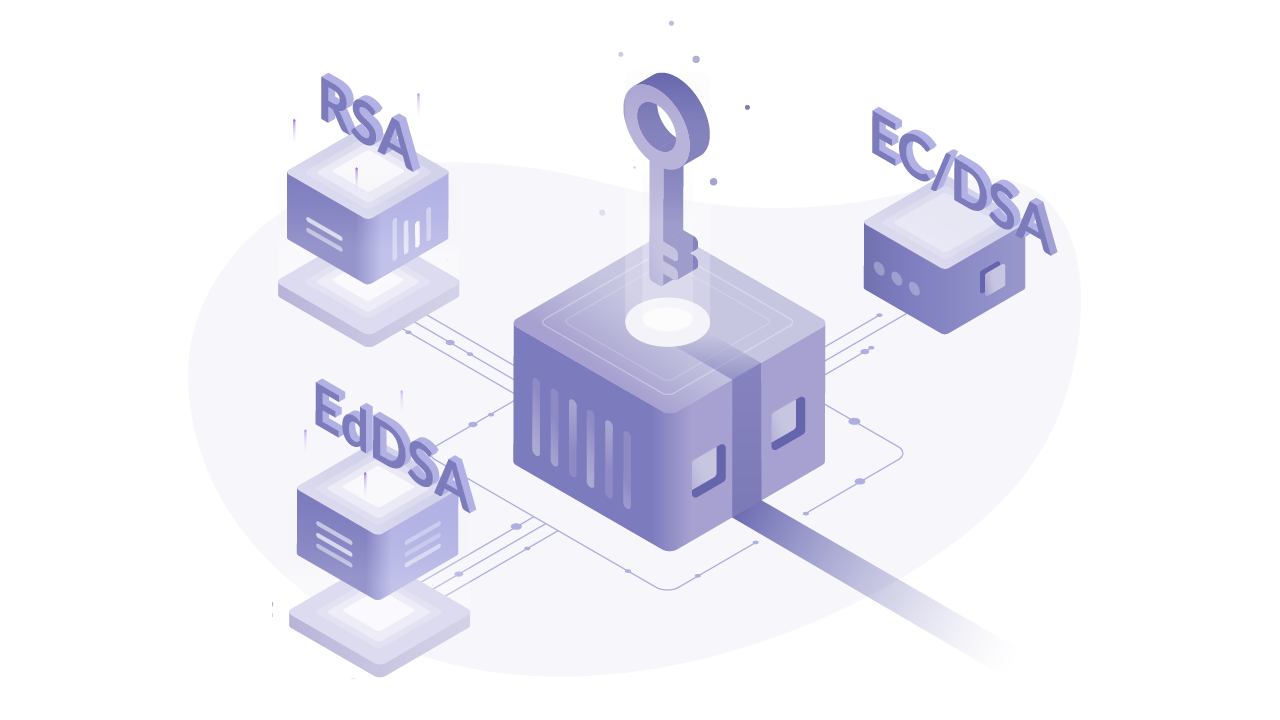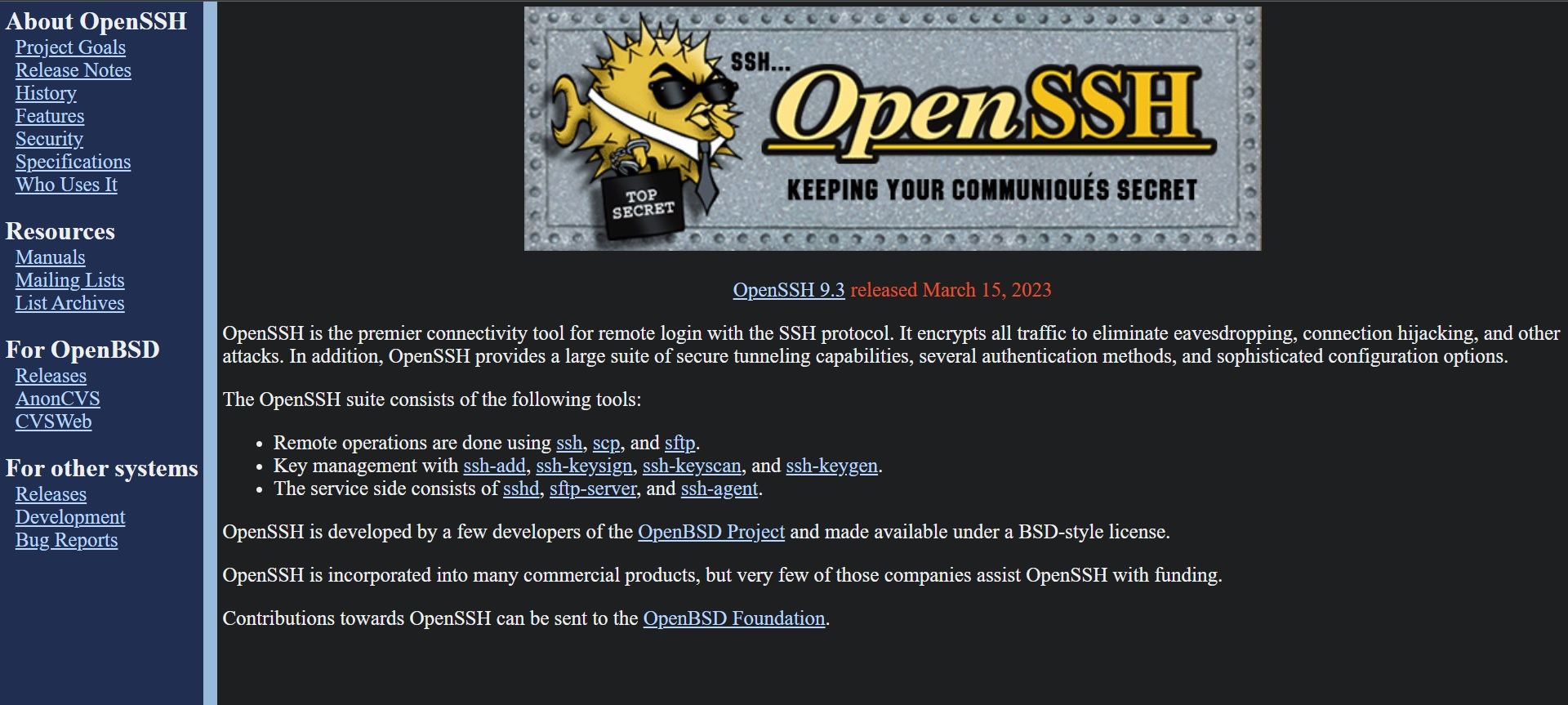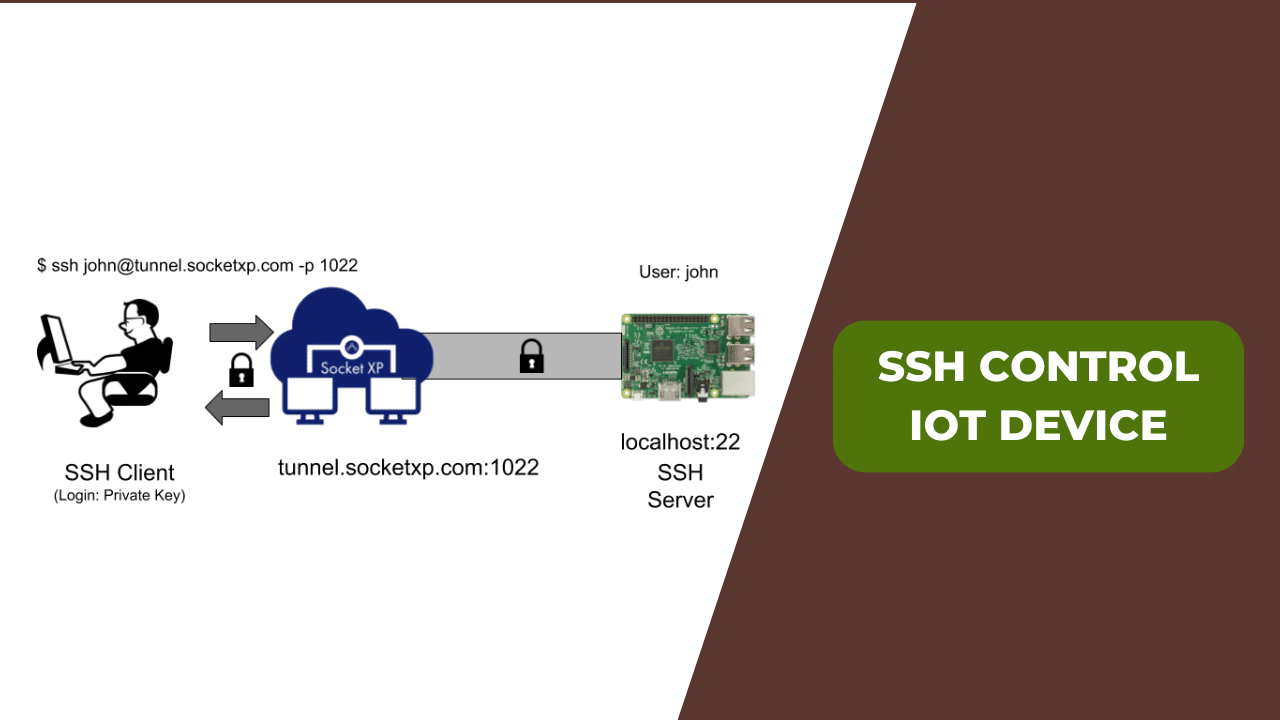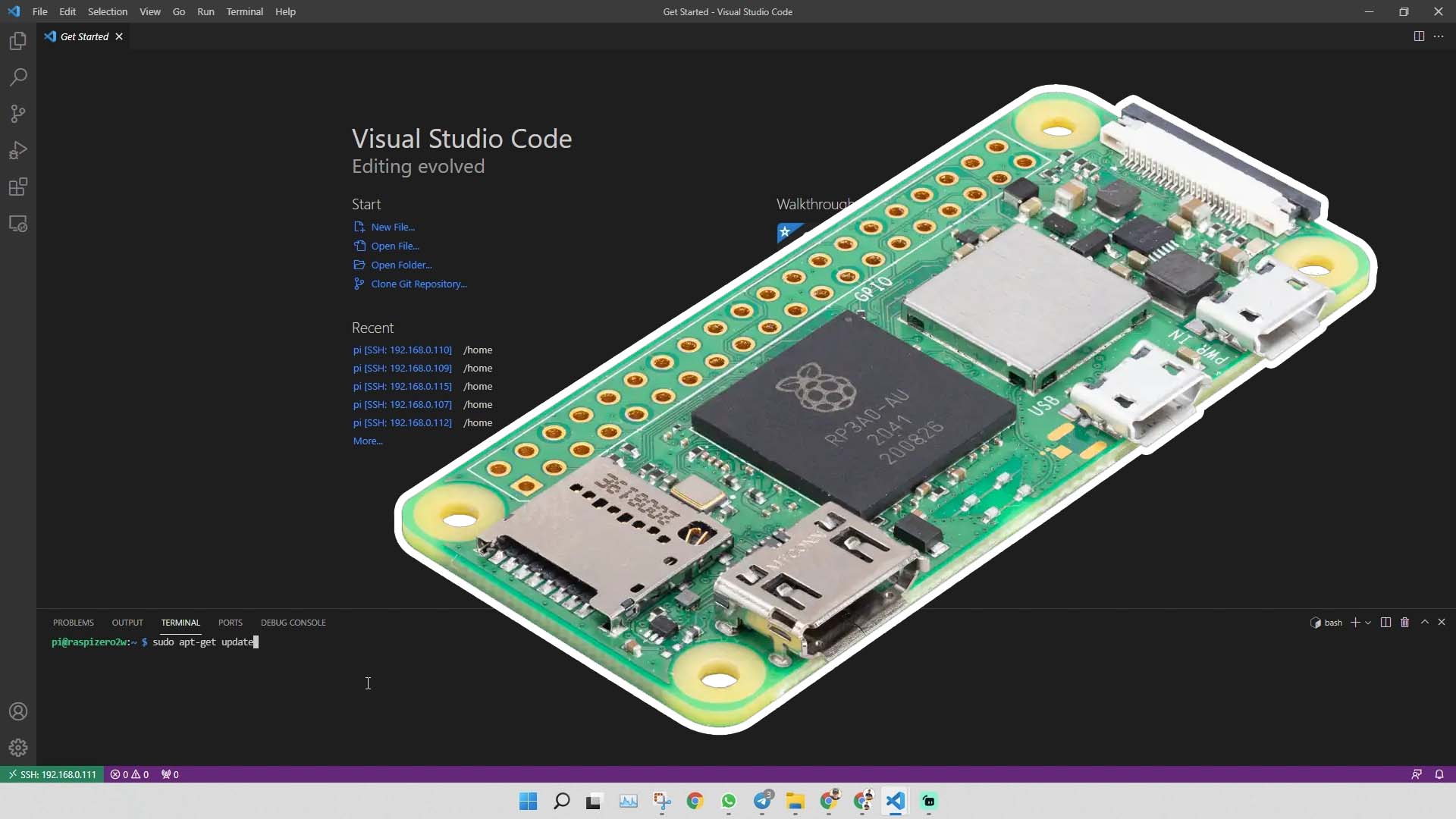Imagine this: you're managing a network of IoT devices scattered across the globe, and you need secure access to control them remotely. The best SSH remote IoT device could be your ultimate solution. Whether you're a tech enthusiast or a professional, finding the right device for secure communication is crucial. Let's dive into the world of remote IoT management and explore what makes a device truly exceptional.
When it comes to IoT devices, security is non-negotiable. A single breach can compromise an entire network. That's why understanding the best SSH remote IoT device is essential for anyone serious about protecting their data. In this article, we'll break down everything you need to know—from the top devices on the market to how they stack up against each other.
This isn't just another tech guide. We're here to make sure you walk away with actionable insights that help you make the right decision for your needs. So, whether you're setting up a smart home, running an industrial IoT network, or managing a fleet of remote sensors, keep reading. You're about to discover the best tools for the job.
Read also:Rita Faez Onlyfans Rising Star In The Digital Age
Why SSH Matters for IoT Devices
SSH, or Secure Shell, is like the superhero of secure communication. It encrypts data between your device and the server, keeping prying eyes at bay. For IoT devices, this is a game-changer. Think about it: your smart fridge or security camera could be an easy target for hackers if not properly secured.
Here’s why SSH matters:
- Encryption ensures data remains private.
- Authentication verifies the identity of users and devices.
- It provides a secure way to manage devices remotely.
With SSH, you can rest easy knowing your IoT devices are protected from unauthorized access. But not all devices are created equal. Let's explore what makes the best SSH remote IoT device stand out.
Top Features to Look for in an SSH Remote IoT Device
Not every SSH remote IoT device is built the same. To find the best one, you need to know what features matter most. Here's a quick rundown:
1. Strong Encryption Protocols
Encryption is the backbone of SSH. Look for devices that support modern encryption standards like AES-256. This ensures your data stays safe even from advanced attackers.
2. Easy Configuration
No one wants to spend hours setting up a device. The best SSH remote IoT devices come with user-friendly interfaces that make configuration a breeze.
Read also:Unveiling The Mysteries Of Waardenburg Syndrome A Deep Dive With Henning Wehn
3. Compatibility
Does the device work with your existing network? Check for compatibility with common platforms and operating systems. The last thing you want is a device that doesn’t play nice with your setup.
4. Remote Access
True remote management is key. Ensure the device allows seamless access from anywhere in the world. This is especially important for large-scale IoT deployments.
These features set the foundation for a secure and reliable SSH remote IoT device. But how do you choose the best one? Let's take a closer look at some top contenders.
The Best SSH Remote IoT Devices on the Market
Now that you know what to look for, let's explore some of the best SSH remote IoT devices available today. Each of these devices has its own strengths, so the right choice depends on your specific needs.
Raspberry Pi
Ah, the Raspberry Pi. This tiny powerhouse is a favorite among hobbyists and professionals alike. With robust SSH support and a massive community backing it, the Pi is hard to beat.
- Pros: Affordable, highly customizable, strong community support.
- Cons: May require additional hardware for industrial use.
ESP32
For those on a budget, the ESP32 is a fantastic option. It’s compact, powerful, and perfect for smaller IoT projects.
- Pros: Low cost, built-in Wi-Fi and Bluetooth, great for prototyping.
- Cons: Limited processing power compared to higher-end devices.
BeagleBone Black
If you're looking for something a bit more industrial-grade, the BeagleBone Black is worth considering. It offers solid performance and is ideal for mission-critical applications.
- Pros: Reliable, expandable, excellent for industrial use.
- Cons: Slightly more expensive than alternatives.
These are just a few examples of the best SSH remote IoT devices available. But don’t stop here—there’s more to explore!
How to Choose the Best SSH Remote IoT Device for Your Needs
Selecting the right device isn’t just about features—it’s about finding the perfect match for your use case. Here are some questions to ask yourself:
- What is the scale of my IoT deployment?
- Do I need industrial-grade reliability?
- How important is ease of use?
- What’s my budget?
Answering these questions will help narrow down your options. Remember, the best SSH remote IoT device for someone else might not be the best for you. It’s all about finding the right fit.
Security Best Practices for SSH Remote IoT Devices
Even the best SSH remote IoT device won’t protect you if you don’t follow security best practices. Here are some tips to keep your devices secure:
1. Use Strong Passwords
Weak passwords are a hacker’s dream. Always use strong, unique passwords for your SSH connections.
2. Enable Key-Based Authentication
Keys are much harder to crack than passwords. Switch to key-based authentication for an extra layer of security.
3. Keep Firmware Updated
Manufacturers frequently release updates to patch vulnerabilities. Stay on top of these updates to ensure your device stays secure.
By following these practices, you can significantly reduce the risk of a security breach. But remember, security is an ongoing process. Stay vigilant!
Real-World Applications of SSH Remote IoT Devices
Talking about SSH remote IoT devices is one thing, but seeing them in action is another. Here are a few real-world applications:
Smart Homes
SSH enables secure control of smart home devices, from thermostats to security cameras. With the right setup, you can monitor and manage your entire home from anywhere.
Industrial Automation
In factories and manufacturing plants, SSH ensures secure communication between machines. This is critical for maintaining efficiency and safety.
Agriculture
IoT devices equipped with SSH are revolutionizing agriculture. Farmers can remotely monitor soil conditions, weather patterns, and more, all from their smartphones.
These applications highlight the versatility of SSH remote IoT devices. No matter your industry, there’s a use case for these powerful tools.
Common Challenges and How to Overcome Them
Even the best SSH remote IoT devices come with challenges. Here are some common issues and how to tackle them:
1. Connectivity Problems
Solution: Ensure your device is connected to a stable network. Consider using redundant connections for critical applications.
2. Configuration Issues
Solution: Follow the manufacturer’s setup guide carefully. If you’re stuck, reach out to their support team or consult online forums.
3. Security Breaches
Solution: Implement the security best practices we discussed earlier. Regularly audit your devices for vulnerabilities.
By addressing these challenges head-on, you can ensure a smooth experience with your SSH remote IoT device.
Future Trends in SSH Remote IoT Devices
The world of IoT is evolving rapidly, and SSH remote IoT devices are no exception. Here’s what to expect in the near future:
- Increased focus on AI integration for smarter devices.
- More robust security features to combat emerging threats.
- Improved user interfaces for easier management.
Staying ahead of these trends will help you make informed decisions when selecting your next device.
Conclusion: Your Next Move
Choosing the best SSH remote IoT device doesn’t have to be overwhelming. By understanding your needs, evaluating key features, and following security best practices, you can find the perfect solution for your setup.
Now it’s your turn. Share your thoughts in the comments below. Have you used any of the devices we mentioned? What was your experience like? And don’t forget to check out our other articles for more tech insights.
Thanks for reading, and happy securing those IoT devices!
Table of Contents
- Why SSH Matters for IoT Devices
- Top Features to Look for in an SSH Remote IoT Device
- The Best SSH Remote IoT Devices on the Market
- How to Choose the Best SSH Remote IoT Device for Your Needs
- Security Best Practices for SSH Remote IoT Devices
- Real-World Applications of SSH Remote IoT Devices
- Common Challenges and How to Overcome Them
- Future Trends in SSH Remote IoT Devices
- Conclusion: Your Next Move



